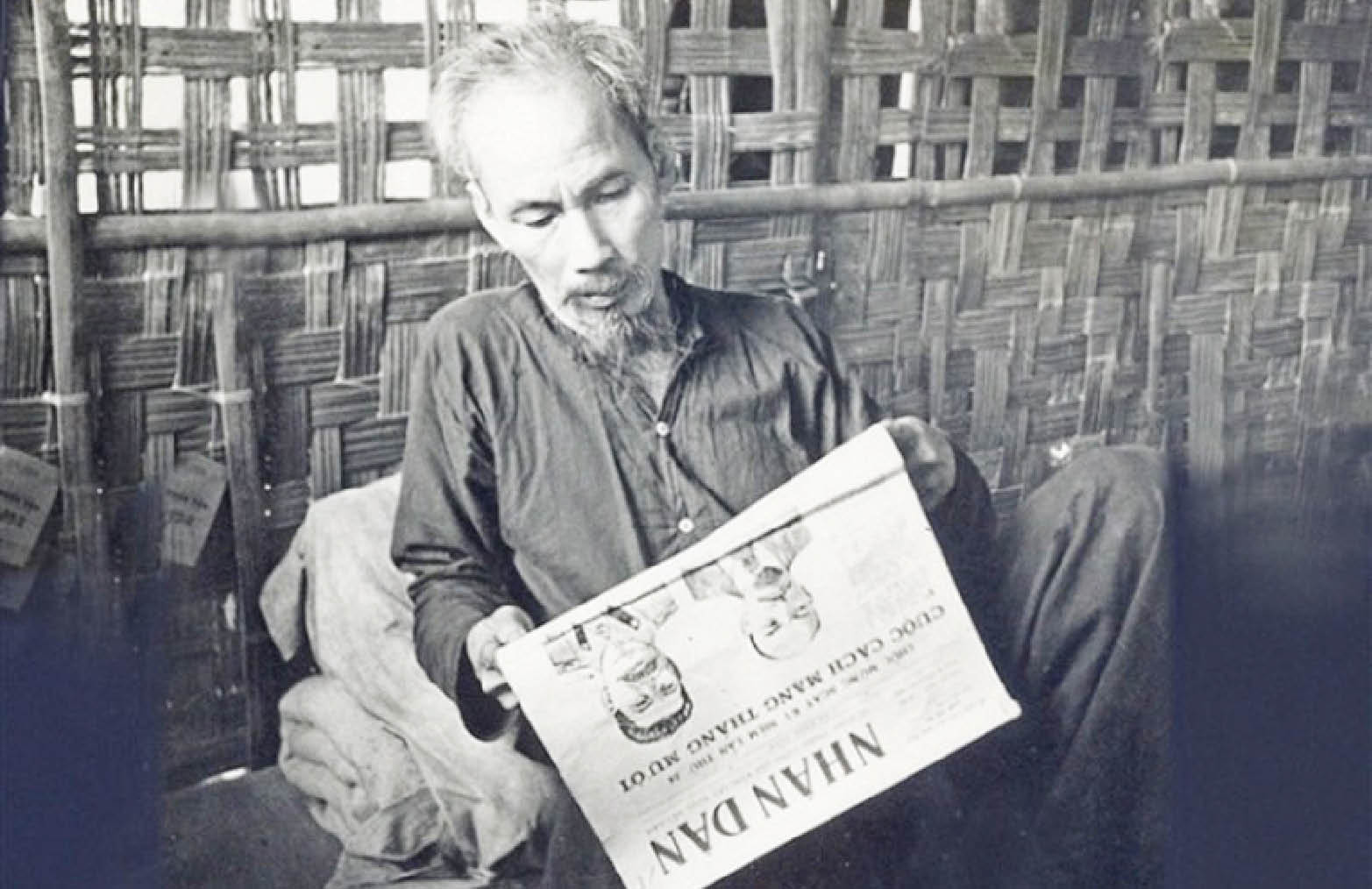 |
| Uncle Ho reads Nhan Dan newspaper in Viet Bac resistance base. Photo: Document |
Open-minded and honest
President Ho Chi Minh once emphasized this issue as follows: "Not only writing books, writing articles, but any work that wants to be done well must respect the opinions of the people", that is the idea of "taking the people as the root" throughout his entire revolutionary career. To do any work well, from an article, a draft law, to a development plan, cadres and workers must "respect the opinions of the people" with an open-minded attitude and humility and integrity. Therefore, each article, each news line, each published opinion must reflect the thoughts, aspirations and interests of the masses. On the contrary, if an article does not accurately reflect the thoughts and aspirations of the people, it will be difficult to create consensus, sympathy and trust.
Listening to the people's opinions is a serious process to compare policies and implementation, between the will of the administrative apparatus and the legitimate needs of the people. Sometimes people reflect things that are not completely accurate, but in each word, each suggestion, there is always a part of truth, a part of emotion, a part of life experience that journalists need to analyze and filter. Therefore, President Ho Chi Minh always valued the role of the people in every stage of the work because they are the ones directly affected by policies and guidelines.
Uncle Ho continued to advise on another important principle of journalism: “Newspapers also need to encourage the masses to contribute opinions and criticize their newspapers in order to progress forever.” The press is the voice of the people and in order for that voice to not fall into a one-way state, the newspapers themselves must know how to listen to feedback from readers. Encouraging comments and criticism is not a formality, but a lively dialogue between journalists and those who receive press information. When readers enthusiastically and passionately contribute their opinions, they become the subject of the journalism process and the newspaper becomes more flexible, democratic and closer to real life. In addition to reflecting the truth, Uncle Ho also wanted the press to “progress forever”, meaning that it must learn from its readers. Every letter of comments, every criticism, every suggestion, no matter how small, is a mirror for the journalism team to reflect on themselves...
Two-way dialogue forum
In a mention of the role of trade union journalism before the leaders of the Vietnam General Confederation of Labor on July 18, 1969, Uncle Ho advised: “It is good that newspapers publish articles criticized by workers. Lao Dong newspaper should expand this section for the masses to criticize in the newspaper. This way, we can both ensure the democratic rights of workers and enhance the fighting spirit of the newspaper.” The short statement shows a profound political vision, placing the press in its rightful position as a democratic forum, a place to practice the mastery of the working class. “Expanding the section for mass criticism” is a reminder of the nature of revolutionary journalism rooted in the working people, especially workers. In the context where policies, laws, production and labor models are constantly being developed and implemented, the voice from production practices, from direct workers, is an indispensable part of the process of adjusting policies and perfecting society. Each critical article from workers is an arm reaching out to protect justice. Each opinion reflected from the labor scene is a practical warning, helping the newspaper not to stray from the lives of the people. When the newspaper lets the masses speak the truth, the people will believe that the newspaper is the voice of justice and reason. Only then will the press truly live in the hearts of the people.
In an article in Nhan Dan Newspaper on August 21, 1956, President Ho Chi Minh frankly pointed out a worrying reality in press activities and social management: “Newspapers often publish criticism from the People. But many times, it is like “water off a duck’s back”, the criticized cadres, agencies and organizations remain silent, do not self-criticize, do not publish self-criticism and promise to correct mistakes”. This is a warning that when the voice of the People is not responded to, the people’s trust in the press and the government will be eroded. Revolutionary press has a fighting function, but that strength does not lie in one-sided criticism. Each article reflecting the thoughts and concerns of the people is a call for dialogue. When cadres, agencies or organizations are criticized but remain “silent”, do not respond, do not self-criticize, do not speak up on the press forum to accept responsibility and commit to correcting mistakes, then that criticism becomes empty.
Thus, the press can only truly be alive when it becomes a forum for two-way dialogue. If a newspaper only stops at “publishing and that’s it”, while those responsible and involved just “keep quiet”, it is a disconnection from and disregard for the masses, as Uncle Ho called it, “water off a duck’s back” and it is not enough. And the press does not stop at the “suggestion box”, the press needs to closely follow and pursue to the end each issue raised and promote concrete actions in the spirit of the rule of law, so that justice is served.
Source: https://huengaynay.vn/chinh-tri-xa-hoi/tieng-noi-bao-chi-la-tieng-noi-cua-nhan-dan-155432.html


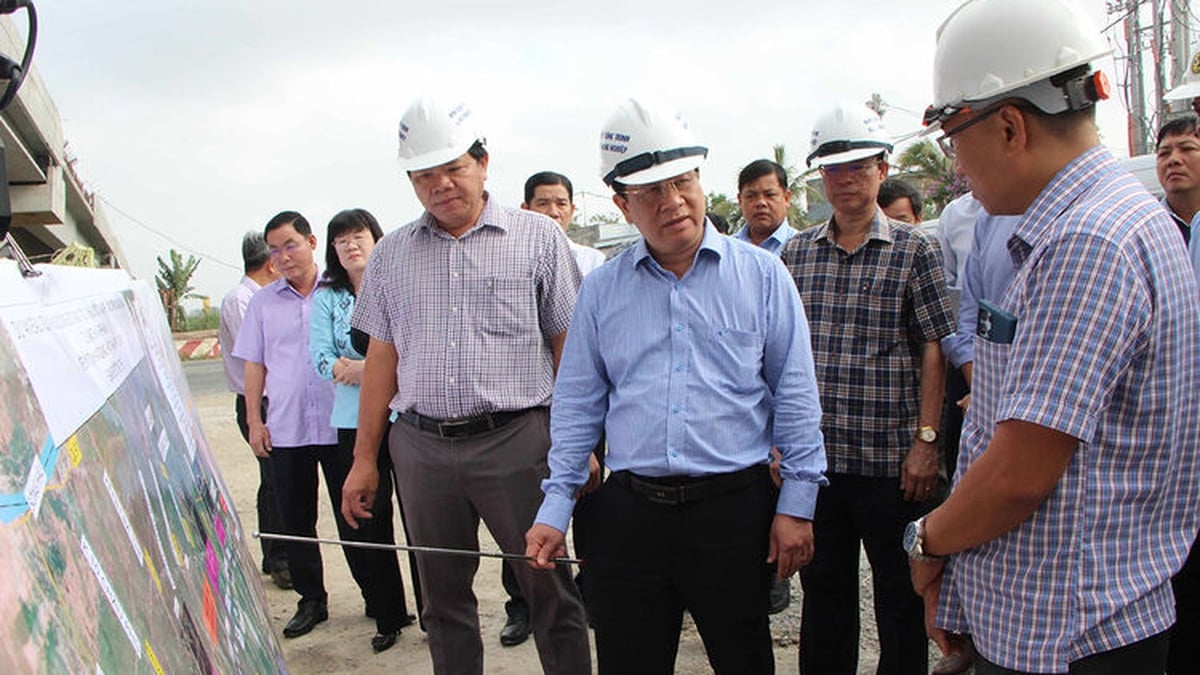
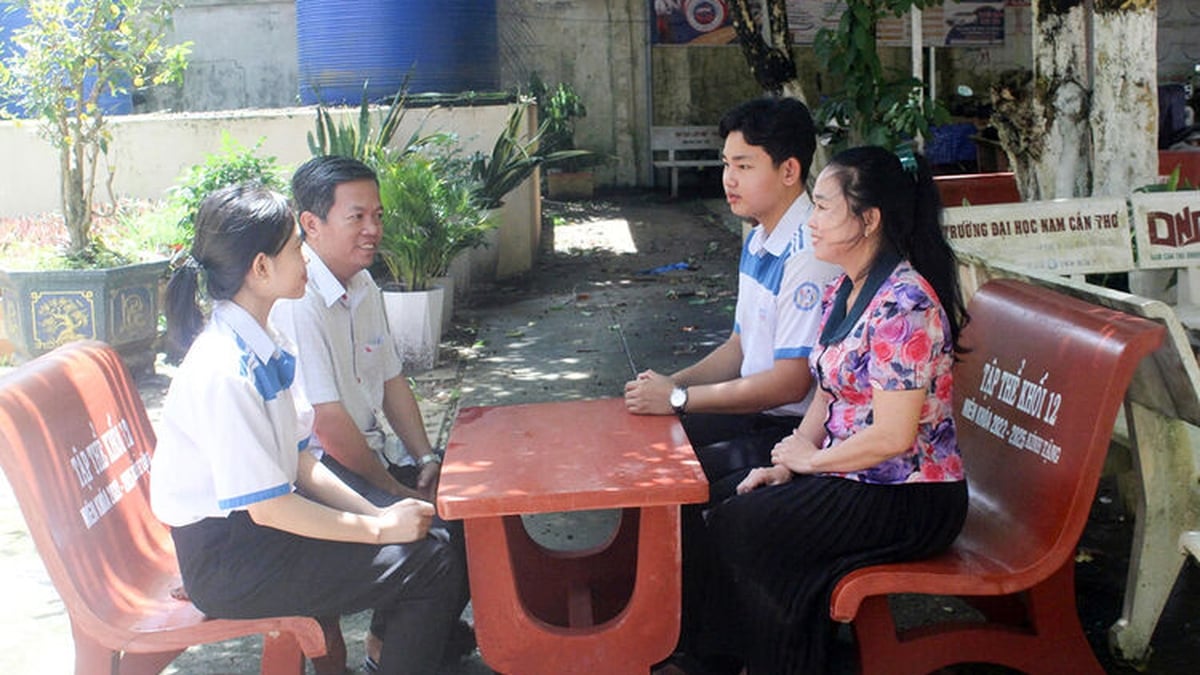




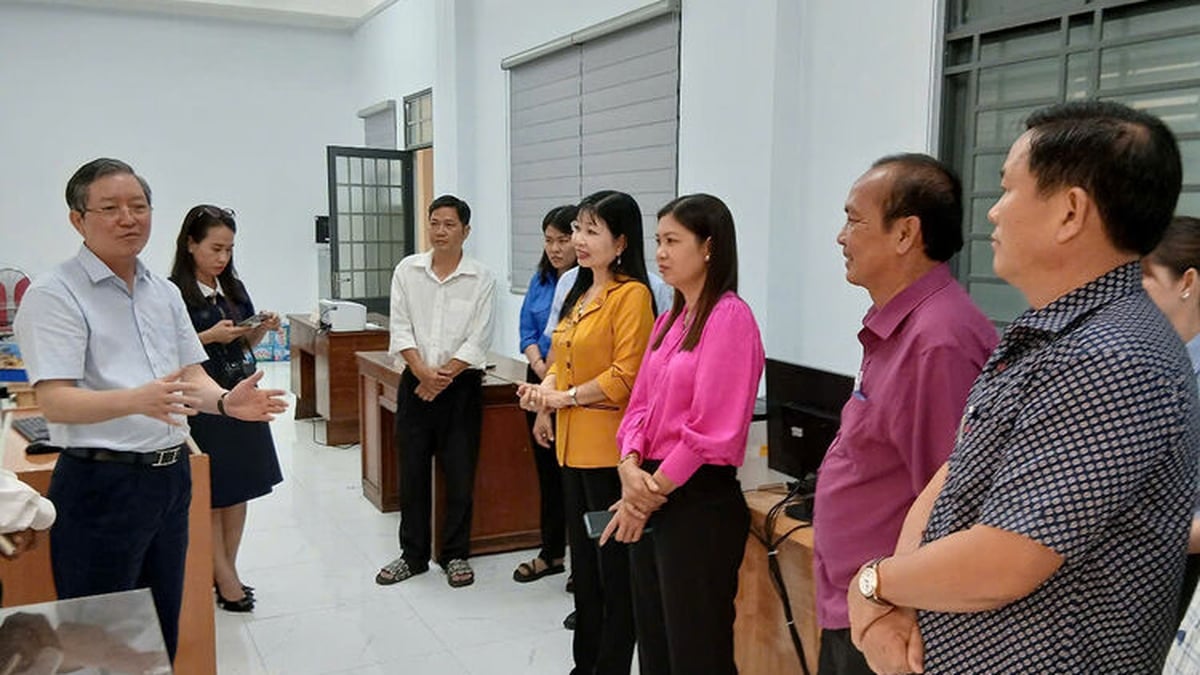

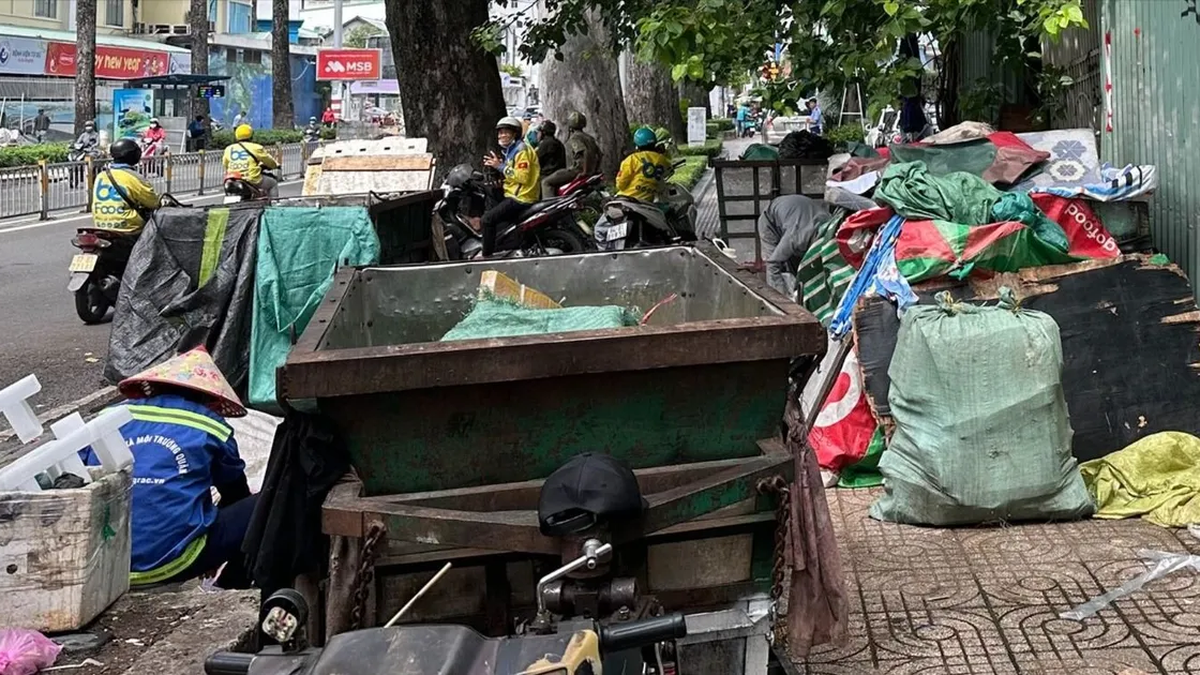

















































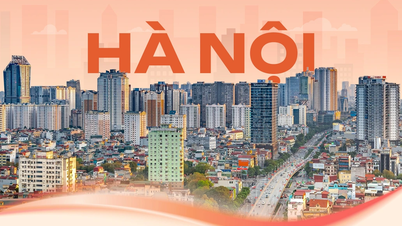


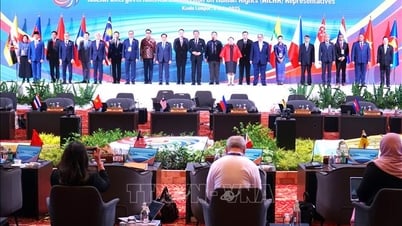




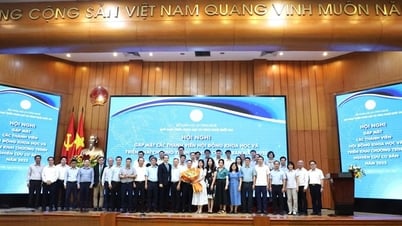

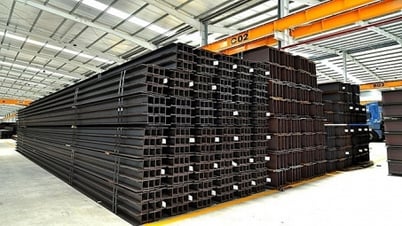




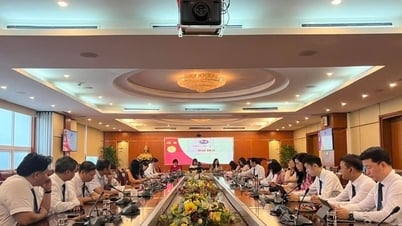
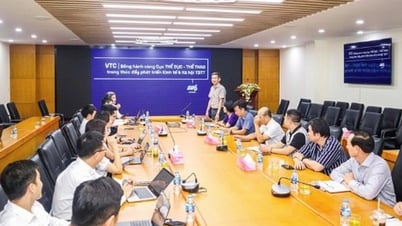





















Comment (0)